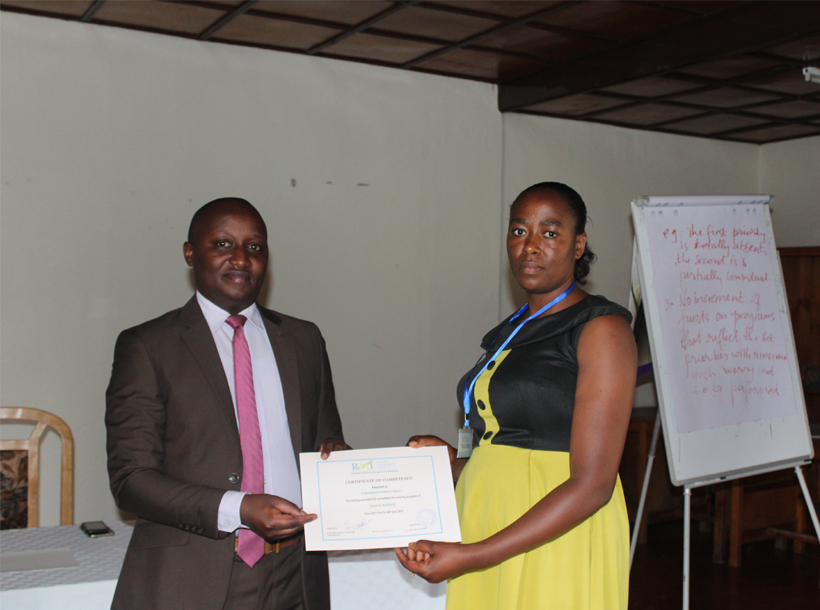1. MODULE OBJECTIVES:
- Understand the internal audit systems, its scope and function within the organisation
- Apply the internal audit standards constituting the framework of the internal audit activities.
- Distinguish the types of internal audit assignments related to operational, compliance or financial internal audit
- Apply the internal audit fieldwork guidelines and apply techniques for risk identification, controls identification and controls testing.
- Apply the best techniques for gathering audit evidence and appreciate the importance of using working papers.
- Recognize fraud and express internal auditor’s responsibility upon fraud detection
- Prepare internal audit reports for use by the organization’s management.
2. MODULE BRIEF DESCRIPTION
As defined by the Institute of Internal Auditors, "Internal Auditing is an independent, objective assurance and consulting activity designed to add value and improve an organization's operations. It helps an organization accomplish its objectives by bringing a systematic, disciplined approach to evaluate and improve the effectiveness of risk management, control and governance processes."
Changes in the regulatory and corporate governance environment have significantly increased the expectations that many stakeholders place on the internal audit function. '
Essentials of Internal Audit' guides internal auditors through the required standards for performing the internal audit.
It covers up-to-date tips and tools to accomplish the audit in an efficient, flexible, and results-based manner in order to support the organization's strategic objectives, improve its sustainability and leverage its ability to face future challenges
3. MODULE CONTENT
Session 1 | Introduction and overview of internal auditing |
Session 2 | Internal control systems and internal audit |
Session 3 | The relationship between external auditing and internal auditing. |
Session 4 | Internal audit and corporate governance |
Session 5 | Internal audit standards |
Session 6 | Internal audit assignments |
Session 7 | Risk assessment and audit planning |
Session 8 | Internal auditing and fraud |
Session 9 | Internal audit evidence |
Session 10 | Internal audit reports |
Session 11 | Action planning |
4. TARGET AUDIENCE
Participants with some experience in auditing, junior auditors or professionals from finance or other departments looking to develop a focused and best practices approach and techniques to the internal audit function, supervisors and managers who are interested in updating, upgrading, and refreshing their knowledge in internal audit.
5. DELIVERY TIME AND VENUE
Visit www.rmi.rw for the detailed Training Calendar. The venue and time may be adjusted according to the trainees' request, terms and conditions apply.
